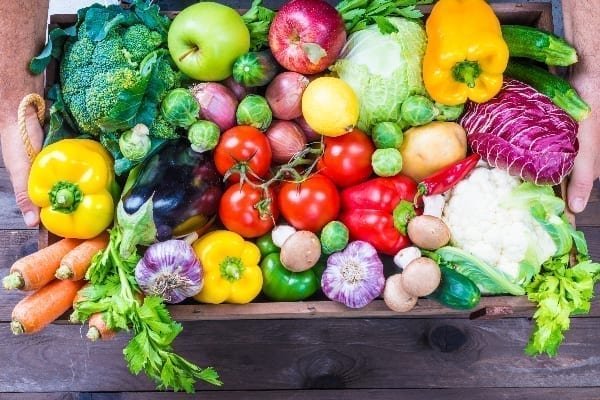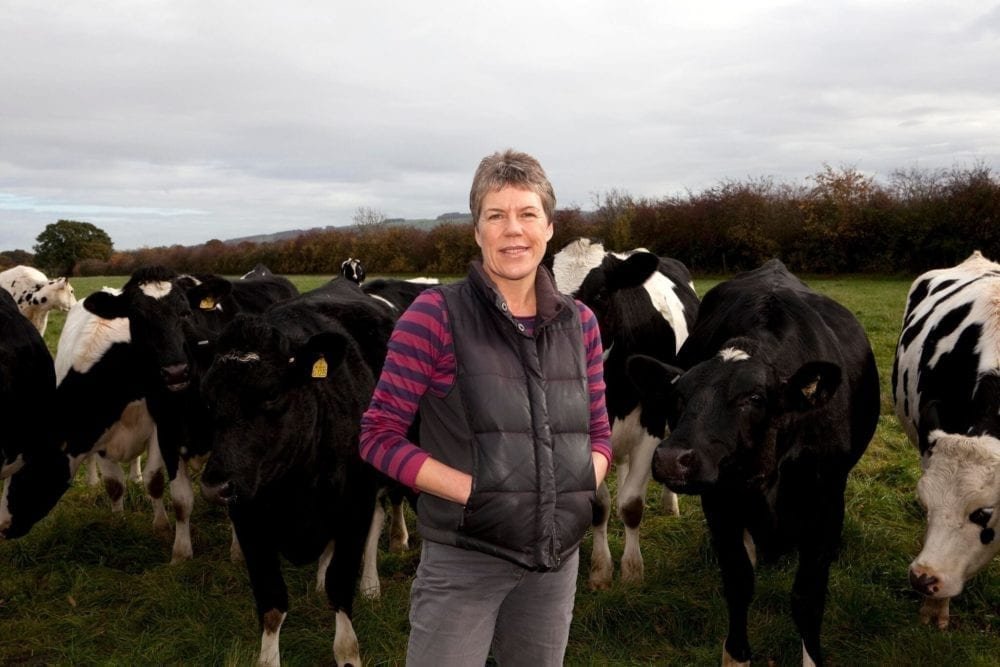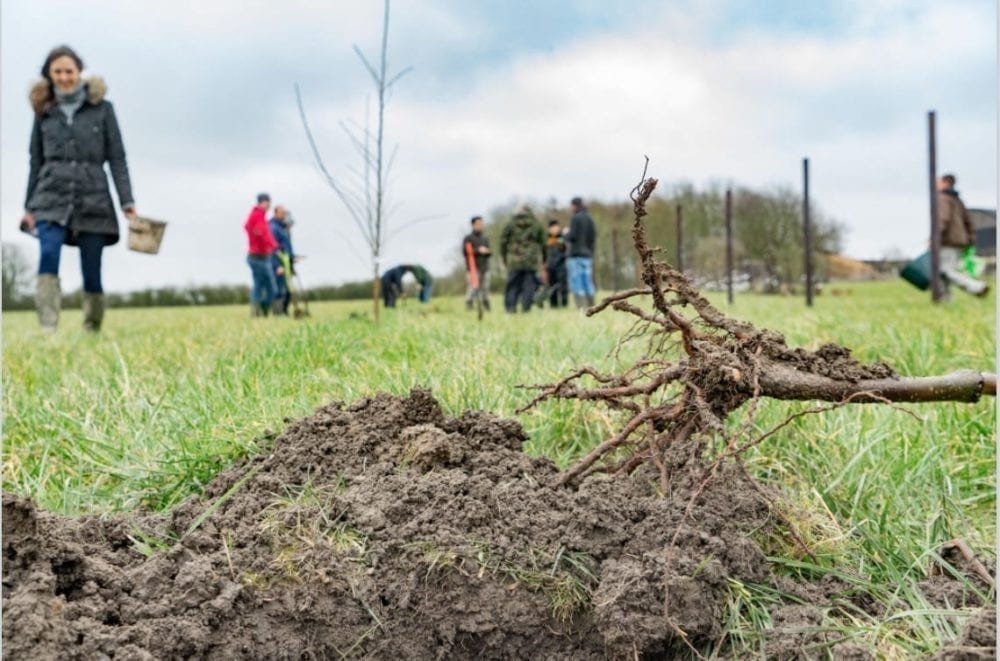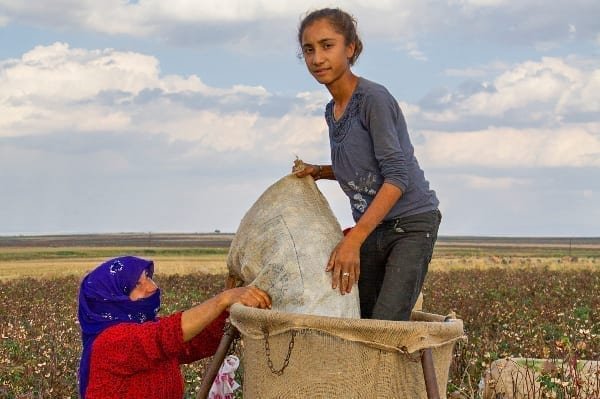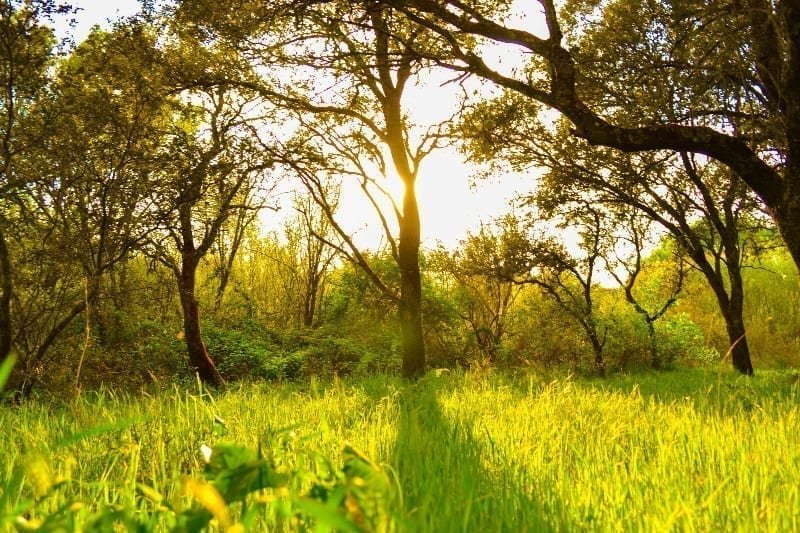This article first appeared in our Consumer Revolution issue of My Green Pod Magazine, released on 19 Dec 2019. Click here to subscribe to our digital edition and get each issue delivered straight to your inbox
There is a revolution happening in the world of food and drink.
It might not be a rapid transformation, but it is reshaping the way that we all think about what and how we buy.
This change in shopping habits won’t be news to many, but our increasing awareness of the damage being done to the planet by our consumption habits, is – officially – shaping the way we shop.
Planet-centric choices
More and more of us want to reduce the impact we have on the environment, and for many that starts with our weekly shop. The growing rejection of unnecessary plastic packaging, spurred on by documentaries like Blue Planet II, is testament to the knowledge that we can – and must – all make a difference in some small way.
In the summer, Soil Association Certification conducted research to gain a better insight into what drives us to make decisions when food shopping. We wanted to know how – and if – those drivers are changing, and what organisations like the Soil Association should be doing to harness the changes in consumer behaviour. We talked to a cross section of shoppers but focused on those who weren’t already buying much or any organic.
The findings of the research confirmed what we’ve long suspected: choices are changing from individual-centric to more planet-centric. People are now making decisions based on the impact they might have on the planet – think environment, wildlife, waste – rather than simply what the product can do for them as an individual.
Some individual factors remain important; health, for example, still has a major influence on our choices and with busy lives, convenience plays a huge role. But planet-centric choices, like biodiversity, are having an increasing impact. This is still early days; they are emerging trends – albeit fast-growing ones.
Citizenship and consumption
This changing landscape chimes with another area of work that is gaining traction across a broad spectrum of organisations: the idea of citizenship. Increasingly, people are no longer just passive consumers, simply buying what is put in front of them. Instead, we’re increasingly looking to engage with a cause and to feel like we are part of – and can contribute to – a wider movement that is making change in the world.
To put it plainly, many of the businesses succeeding today are moving their customers away from buying a product and towards buying into a product.
 Play Video about This Rock Might Just Save The World
Play Video about This Rock Might Just Save The World Play Video about Play 2 hours of rock
Play Video about Play 2 hours of rock Play Video about Play 2 hours of brook
Play Video about Play 2 hours of brook Play Video about Play 2 hours of sheep
Play Video about Play 2 hours of sheep

















